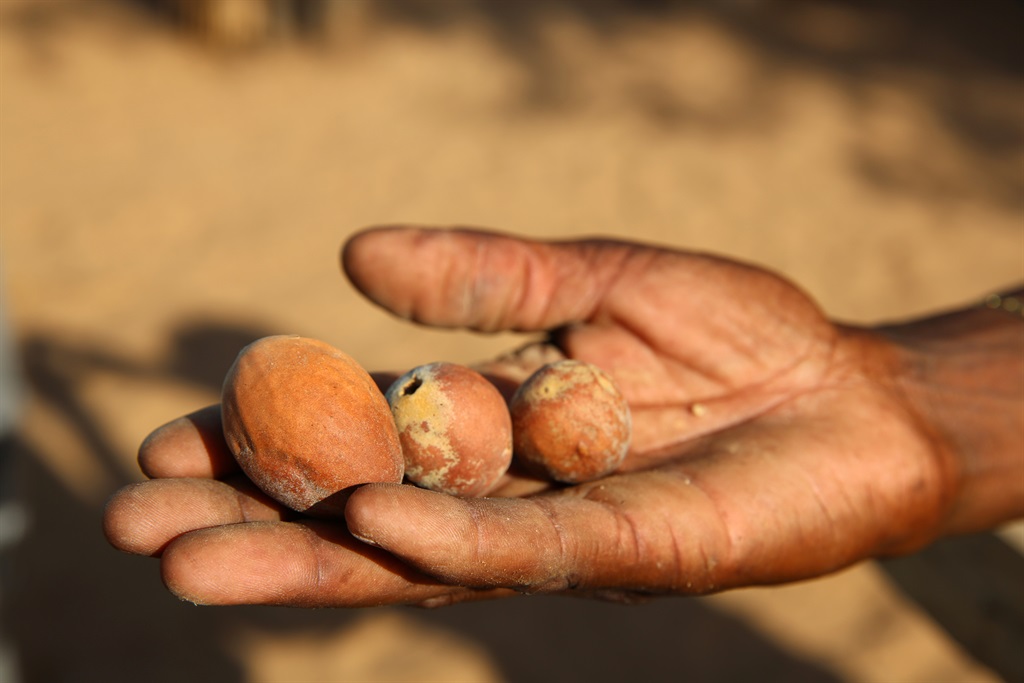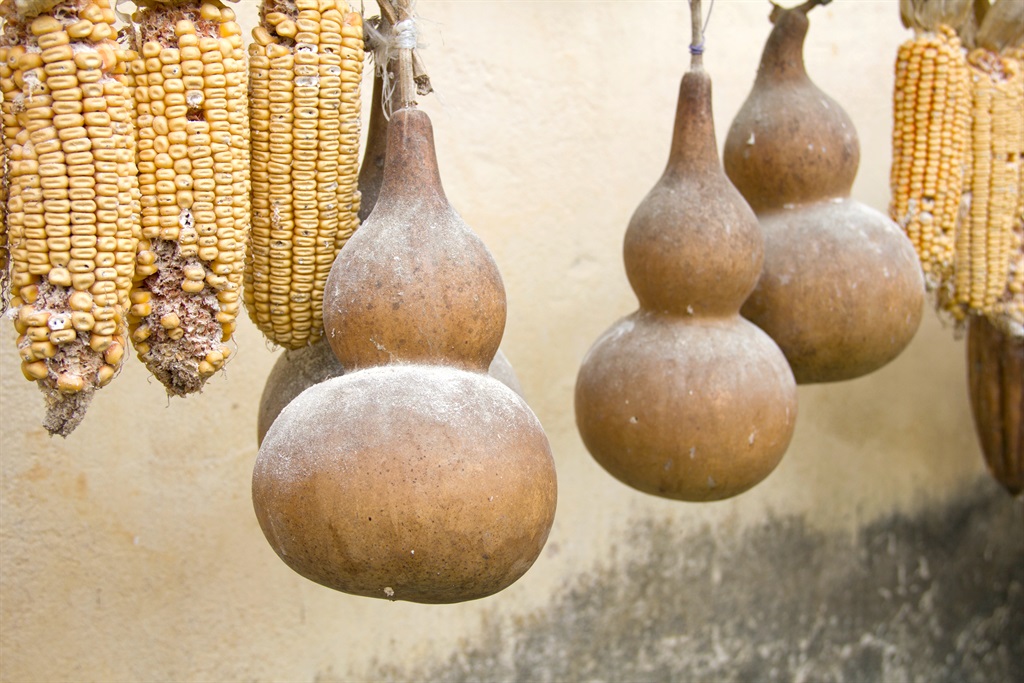
As we celebrate our heritage it is important that we look at out heritage not only as a month to wear our traditional attire, recite our clan praise and eat our traditional food.
We need to also to look at our indigenous knowledge and apply it to our reality.
Currently climate change effects on human health are potentially increasing with varied impact. Expected increases in the frequency, intensity and duration of extreme weather events are likely to result in unprecedented impacts on public health. Impacts are likely to be greatest in the developing countries such as South Africa. Besides nutrition climate change also threatens the global economy.
Indigenous or traditional food has been abandoned for a Western diet that is known to have a high prevalence of non-communicable diseases. The so called “Western diet” is rich in fat and low in carbohydrates and fibre. A good example is a burger, which typically contains 28g protein; 19g of fat; 9g of saturated fat; 6g of sugar; 910mg of sodium; and 33g of carbohydrates.
Indigenous foods such as marulas, calabashes, and leafy vegetables should not only be celebrated on heritage day. For example the marula fruit is rich in ascorbic acid potassium, calcium and magnesium. The seed contains a nut with antioxidants and oleic acid, palmitic acid, myristic acid and stearic acid, and proteins rich in amino acid glutamate and arginine – all these are vital for human health. Moreover pumpkin leaves are rich in vitamin B6 (pyridoxine), which is essential for brain development in children.
Our communities are neglecting the importance of traditional diet intake and suffer from the negative effects of junk food.
The ongoing nutritional transition in South Africa has made people more vulnerable to non-communicable diseases such as stroke, coronary heart diseases, physical inactivity, hypertension, and diabetes mellitus. Increases in obesity have been associated with this issue in adults and stunting and underweight in young children.
The heritage day should also aims to explore the significance of indigenous lifestyles to improve the status of our national health. The capacity of amaranth leafy vegetables are to be used in addition or substitution of the agricultural produced food as a tool to fight food insecurity in South Africa.
• Dr Nosiphiwe Ngqwala is a senior lecturer in the pharmacy department at Rhodes university. She is also an executive committee for South African Yound Academy of Sciences.




 Publications
Publications
 Partners
Partners









